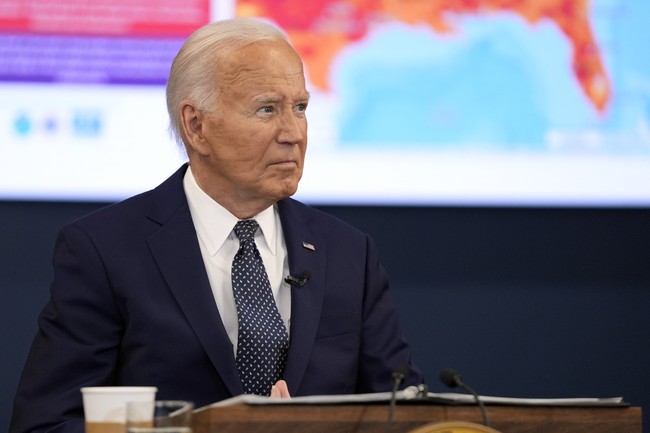UK's Strategic Entry into Pacific Trade Bloc
Britain's entry into the CPTPP marks a pivotal shift in its post-Brexit economic strategy, opening new trade horizons and challenging global economic dynamics.
Published December 16, 2024 - 00:12am

Image recovered from devdiscourse.com
In a landmark move in its post-Brexit landscape, the United Kingdom has officially joined the Comprehensive and Progressive Agreement for Trans-Pacific Partnership (CPTPP). This membership makes Britain the first European nation to enter this formidable trade alliance, representing a crucial step in reshaping its international trade relationships. The CPTPP, a conglomeration of economies such as Japan, Australia, and Canada, serves as a prominent framework initially designed as a counterbalance to China's expanding economic influence.
Formally ratified as the 12th member of this trade pact, the UK's participation heralds a new era of economic opportunities. The decision underscores Britain's efforts to establish itself as a vital player in global trade frameworks beyond its traditional European Union ties. This strategic alignment promises significant economic gains, estimated at £2 billion annually, by facilitating access to a colossal market encompassing over 500 million people and accounting for around 15% of the world's GDP.
The CPTPP agreement comes as Britain's largest trade accord post-EU departure, providing unprecedented market access and tariff reductions across key member nations, which include Brunei, Chile, and Vietnam. This integration reflects Britain's goal to forge new trade routes and bolster economic growth amid its ongoing post-Brexit transition. The deal's advent is timely, given ongoing challenges and transformations within global trade networks.
The economic implications of joining the CPTPP extend beyond mere numbers. London's roadmap incorporates vital strategies to overcome the economic adversities encountered post-Brexit by fostering relationships with rapidly expanding economies. The trade pact initiates the removal of tariffs across 99% of Britain's exports to these nations, amplifying the relevance of Britain's products in international markets. Industries spanning financial services, manufacturing, and food and beverage expect to see significant benefits as they navigate these newly accessible terrains.
This development also arrives amid Britain's broader international economic maneuvers, including discussions on separate trade agreements with India, the Gulf countries, and a potential revival of UK-US trade talks. However, complexities remain, notably the pause in discussions with Canada due to contentious agricultural clauses and an anticipated challenging phase in securing a favorable deal with the United States under potential political changes.
The CPTPP's conception traces back to the earlier Trans-Pacific Partnership (TPP), orchestrated under former US leadership, aiming to constrict China's regional economic sway. Despite the US's 2017 withdrawal from negotiations, the CPTPP has persevered and expanded, now contemplating applications from interested states, including geopolitical entities like China.
British officials have expressed ambitions extending beyond economic transactions. By leveraging its newfound status within the CPTPP, the UK aims to influence the pact's future memberships and policies, potentially incorporating actors such as China and Taiwan. In addition, the integration permits Britain to consolidate and enhance its pre-existing relations with Commonwealth countries and other international allies, embodying a diplomatic strategy that aligns economic and political objectives.
As Britain navigates this transformative period in its trade diplomacy, experts and industry leaders scrutinize its potential to translate economic strategies into tangible growth. While projections and outcomes remain optimistic, there is an inherent acknowledgment of the trade-off between independent trade agreements and the challenges accompanying Britain's EU market departure.
Through the integration into this trade alliance, Britain affirms its commitment to engage actively with groundbreaking economic partnerships, reflecting its pursuit of an evolved global stature post-Brexit. However, this ambition poses significant challenges, requiring meticulous navigation of the multifaceted trade landscapes and alignment with international economic discourses.






